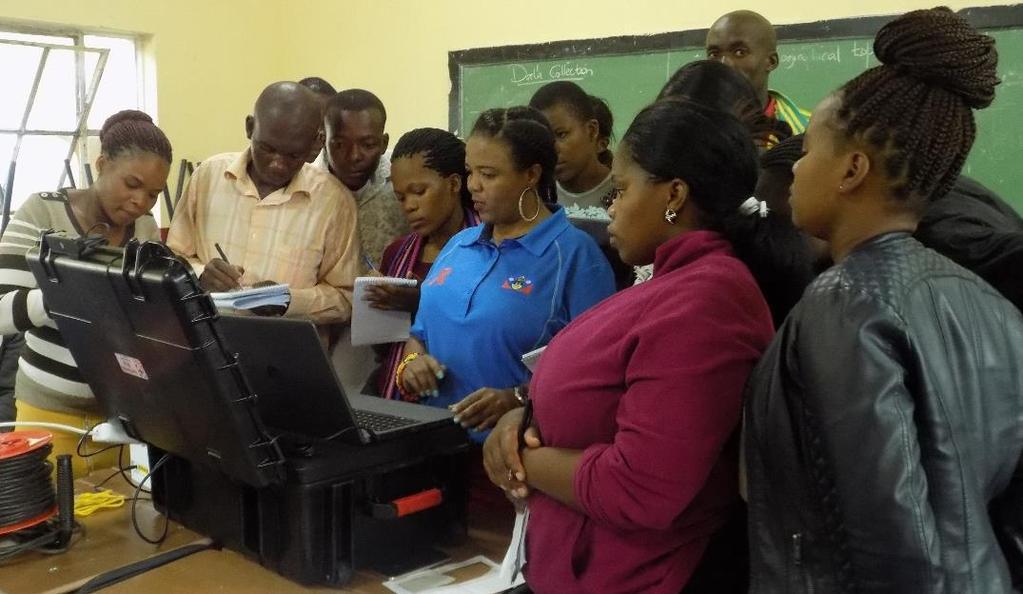Africa-Press – Eswatini. EmaSwati continue being divided on the kingdom’s political system, which excludes political parties. It must be noted that all the countries in the Southern African Development Community (SADC) region are using multiparty political systems.
Even various monarchies in the West, as well as the Kingdom of Lesotho and the Kingdom of Morocco in Africa, have embraced a multiparty system. Following the SADC Summit in Angola, where the high number of voter registration was viewed as a signal for the popularity of the Tinkhundla system, the progressives’ camp has disagreed with such sentiments. Let us be reminded that the Eswatini Constitution guarantees freedom of association and assembly. The African Union (AU), in its 2018 Observer Mission report, observed that emaSwati were not enjoying this right. Hence, it recommended that the country should engage this issue, which is compromising the quality of the country’s electoral process. The post elections dialogue that the authorities recently announced should provide an opportunity for emaSwati, in their diversity, to freely engage divisive issues for the sake of future generations.
It is also critical to underscore that elections are not just an event but a crucial process in any country, where citizens are given an opportunity to elect a government of their choice. Those elected should not be motivated by money but to serve their country and constituencies. This brings me to another critical issue of vote buying, which is a recurring problem. Vote buying is a particular form of political ‘clientelism’, it is the direct exchange, at individual level, of rewards and material goods by candidates in return for electoral support by voters. According to Wikipedia, ‘vote buying’ (also referred to as electoral clientelism and patronage politics) occurs when a political party or candidate distributes money or resources to a voter in an upcoming election with the expectation that the voter votes for the actor handing out monetary rewards’. And according to Schaffer 2002, in the offering of money, goods or services ,there are three ways in which givers might hope to get recipients to vote, or not to vote, for a particular candidate. First, givers might hope to produce instrumental compliance. If successful, recipients change their electoral behaviour in exchange for tangible rewards.
Successful
Secondly, givers may hope to generate normative compliance. If successful, recipients change their electoral behavior because the offer convinces them of the goodness or worthiness of the candidate. Thirdly, givers may hope to generate or coercive compliance by bullying recipients into changing their electoral behaviour. If successful, recipients fear retribution if they decline the offer. To recipients, the act of accepting an offer may hold a variety of meanings. It might constitute making a contract, receiving a gift, accepting an auction bid and compromising one’s principles to mention a few. In accepting or rejecting offers, or in changing or not changing their electoral behaviour, recipients may be acting, among other things, out of fear, duty, indignity, gratitude or calculated self-interest. It is widely accepted that ‘clientelistic’ politics create economic inefficiencies, reduce the supply of public goods and bias public policy in favour of elites. Vote buying also raises questions about the character of democracy. While elections involving vote buying may be ‘free’ – allowing voters to choose between multiple candidates in elections with universal suffrage – they collide with standards of democratic ‘fairness’ because the interests of some voters are bought before the elections, and may, therefore, be ignored by political representatives after the elections.
According to Stokes (2007b: 96), the undemocratic nature of vote buying arises precisely because ‘it keeps vote sellers from having their interests accurately interpreted and made known’. This tends to weaken or even reverse the accountability link between voters and politicians. Hence, it compromises the social contract between voters and those elected. In this instance, voters end up losers as elected officials serve their interests and those of political elites. Despite its consequences, empirical evidence suggests that vote buying may contribute to an increase in electoral support (Wantchekon, 2003). In new democracies, in particular, parties often rely on existing patron-client networks and pre-election transfers to mobilise support (Keefer, 2007). The other critical issue is that those who seek public office do not distribute their vote buying efforts randomly across the electorate. Vote buying individuals and parties systematically target specific groups in the electorate based on their socio-economic characteristics.
Poverty, in particular, has been emphasised as an important source of vote buying that enables candidates to exploit the material needs of deprived voter groups by trading rewards for votes. It is disheartening that institutions responsible to fight vote buying have a tendency to turn a blind eye as those who engage in such malpractices are powerful and well connected.
Hence, this practice has been normalised in the political systems in many countries in Africa, including Eswatini. Sadly, the winner is not the voter but the one who gets a guaranteed salary.
Source: TIMES
For More News And Analysis About Eswatini Follow Africa-Press







